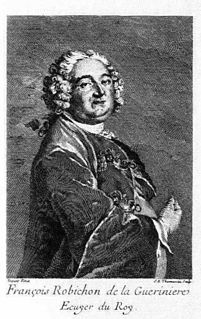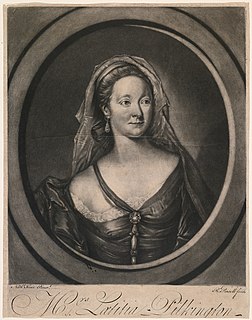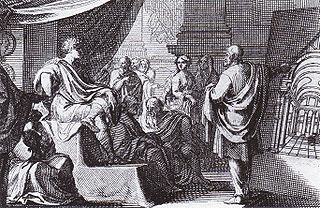A Quote by Francois de La Rochefoucauld
The art of putting into play mediocre qualities often begets more reputation than is achieved by true merit.
Related Quotes
Horsemanship is the one art for which it seems one needs only practice. However, practice without true principles is nothing other than routine, the fruit of which is a strained and unsure execution, a false diamond which dazzles semi-connoisseurs often more impressed by the accomplishments of the horse than the merit of the horseman.
One of my great regrets, and I don't have many, is that I spent too long putting people's status and reputation ahead of their more important qualities. I learned far too late in life that a long list of letters after someone's name is no guarantee of compassion, kindness, humour, all the far more relevant stuff.
Every one of the geezers who continues to play a leadership role has one quality of overriding importance: neotony. The dictionary definition is that neotony, a zoological term, involves "the retention of youthful qualities throughout old age." It is more than merely retaining a youthful appearance, although that is often part of it. Neotony is the retention of all those wonderful qualities that we associate with youth: curiosity, playfulness, eagerness, fearlessness, warmth, energy.
If there is anything the artist or a true work of art teaches us, it is that variety and complexity really increase the unity, and that to achieve unity within a great variety of complexity is a greater achievement and more satisfying piece of art than to achieve unity with just a few elements, which is relatively easily achieved.
We acquire the love of people who, being in our proximity, are presumed to know us; and we receive reputation or celebrity, from such as are not personally acquainted with us. Merit secures to us the regard of our honest neighbors, and good fortune that of the public. Esteem is the harvest of a whole life spent in usefulness; but reputation is often bestowed upon a chance action, and depends most on success.
I made my performance debut in New York City downtown on the Lower East Side in college doing awkward performance art as a go-go dancer at Lady Starlight's Party. And I never thought that my love for mediocre performance art and bad mime would ever come to use in my career as an actor. But my fantasies came true and I got to play Maureen in Rent.



































